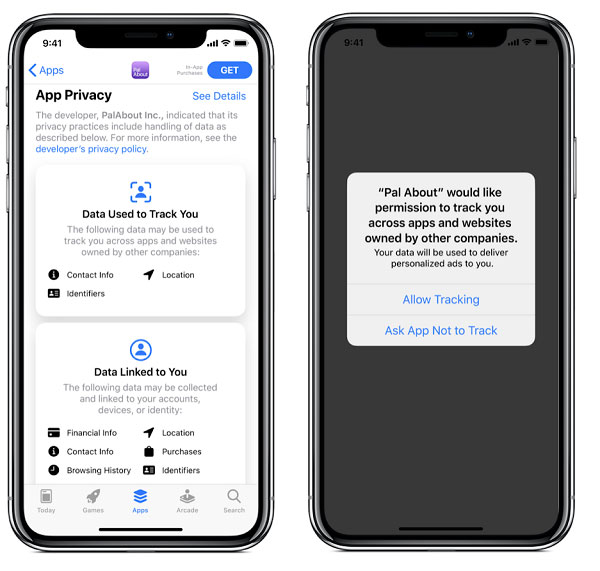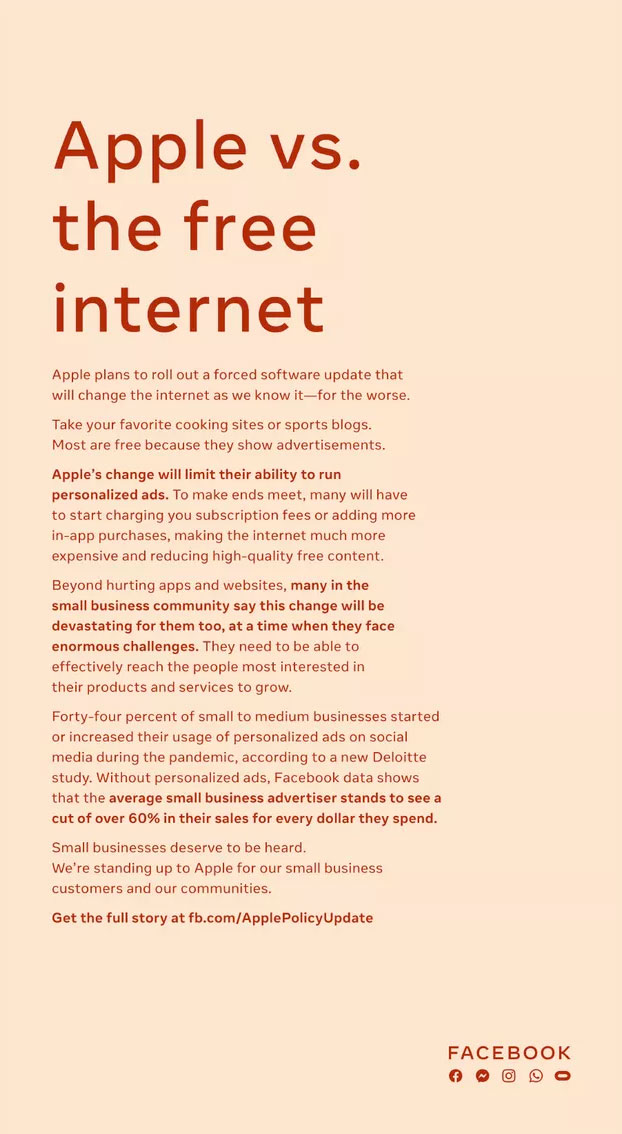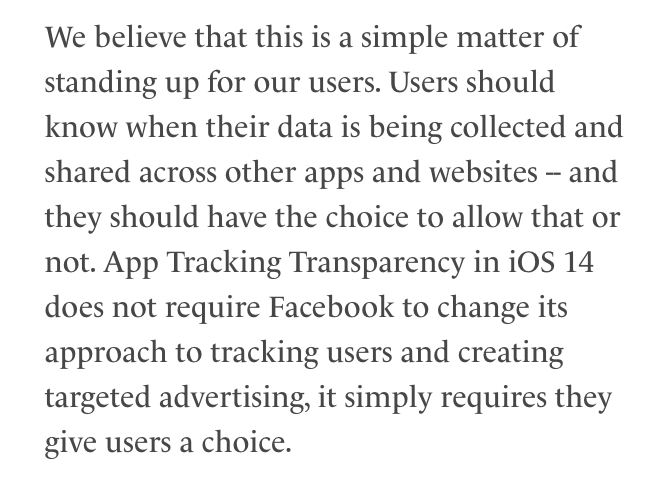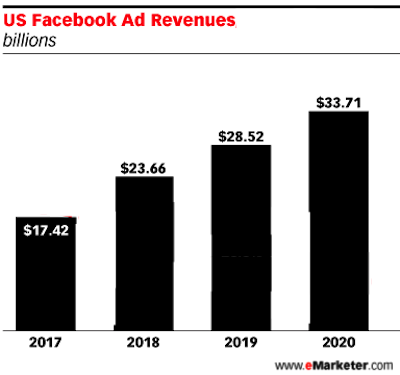In pre iOS 14 versions, by default user data and movement from one app to another was tracked using unique device identifier (UDI).
With now the iOS 14.5 update live, app providers have to explicitly ask user permission to access UDI, if a user declines, then an additional set of rules need to be adhered to.
This update feature, dubbed as App Tracking Transparency (ATT), will majorly impact the Paid Digital Marketing strategies as the advertisers majorly rely on data sharing for paid search.
Apple chose Data Privacy Day (January 28, 2021) to announce that APP will be coming with the iOS 14.5 update.

What changes with the iOS 14.5 update?
Apple’s newest changes will impact its App Tracking Transparency Framework (ATT), tied to a string known as the identifier for advertisers (IDFA). Each Apple Device comes with an identifier that helps advertisers collect data about user’s behaviour and preferences.
The user will also receive an update about how each App uses its data within Apple’s app store. Before this update, the users were auto-tracked but could “opt-out” of data collection and sharing of data from various apps and websites. The process was often tucked away in-app settings keeping the users oblivious of their rights.
Impact of the iOS Update?
While some cherish the new update that gives a user more power over their privacy, marketers are concerned that most Apple or iOS device users will choose the option of “Ask App not to Track” when the new pop-up shows up.
This move will prohibit the App from collecting any data about the user while using the App, which other companies could have further used for targeted advertising purposes. The change will be slow, but more users are expected to opt-out of App Tracking with time.
Facebook came out with a direct response publicly and launched Press Releases and Ads in Publications, positioning themselves as a small business advocate and criticizing Apple.

You can view Facebook’s complete response here.
In response to the backlash from Facebook, Apple released this statement:

How will the iOS 14 Update Impact Facebook Advertising?
The new update will affect the advertising in the following areas:
- Ad Retargeting: Retargeting users visiting your website who have already opted out of IDFA is now impossible unless you target them based on their email ID or phone number.
- Ad Measurement & Reporting: With a whole new segment of users now operating in the dark, the clarity on conversion data may not match with the actual leads coming through the door. As more iPhone users opt out of ad tracking, advertisers will lose some of their ability to personalize marketing campaigns and reports.Advertisers should now expect to see only partial reporting and a significant decrease in the number of reported conversions, ultimately increasing overall costs.
- Conversions: Advertisers will be limited to 8 conversion events per domain. Previously, Facebook advertising could potentially track a limitless number of events on their website or App.
Why is Facebook the most hurt?
- There are approximately 230 million Facebook users in the US, and 52% of those people access Facebook via iOS 14 or higher (65% if you consider all versions of iOS).
- The placement track prompts, introduced in iOS 13, led to a drastic decline in opt-in rates when Apps couldn’t share data.
- Due to the below forced opt-in prompt on Facebook, about 60M people, or about 26% of Facebook’s US audience in non-FB applications and websites, opted out of Ad Tracking at the same rate.
- More users who opt out of tracking their data on iOS 14 will lead to a smaller retargeting audience, which will make it more challenging to reach people who are already interested in your business but haven’t shared their personal information.
- Their advertising efforts will almost certainly have to focus on reaching a larger audience.

Google Ads the Boon to survive the hit on Facebook Ads?
With the upcoming changes in the iOS 14 update, Google Ads, unlike Facebook, has decided to switch to another Apple Ad Tracking Tool: The SKAdNetwork.
Google is now pushing Apple to improve the SKAdNetwork.
How Will It Impact The PPC Services?
One change we are noticing in Advertising is audience sizes decreasing. Another impact is on which conversions (such as your sales and leads) are assigned as being a result of a PPC campaign and which are not. Less tracking means less ability to connect the campaign with the result. However, it’s important to say that the result will still be there.
PPC reporting methods will still accurately assign conversions to our campaigns, but some will slip through the net. However, the conversions from another marketing area go up; these users will likely be a result of PPC campaigns.
Is PPC a better alternative?
Experiencing the impact that Facebook advertising has suffered, marketers are likely to search for other alternatives. Google Ads is rightly the first option that may come to one’s mind. One can understand that iOS 14 is unlikely to affect Google ads as much as Facebook because Google is associated with a diverse ad network and does not over-rely on revenue from mobile advertisements.
Why it would make sense to allocate a part of your FB marketing budget to Google Ads instead?
- Cookie-based tracking: A significant portion of Google Ads work is search advertisement that does not use IDFA, a unique user ID that Apple used to share with apps for targeted advertising. Search Ads work on cookie-based tracking that works well within App tracking transparency (ATT) permissions on the new iOS. Hence, search Ads will not be affected by the latest updates. However, one may see an impact on Google ads only if you use to display or YouTube ads for your marketing.
- Better Traffic Quality: Expect a better quality of traffic on the site when using Google Ads. Ads based on search intent instead of user’s interaction on other apps allow Google to target a better audience for ads and get traffic that has searched for a keyword with a specific action intent.
- Improved Reporting: Google has brought in a new URL parameter to set a fresh first-party cookie on the domains by default which will track back to the ads. These changes came after the ATT policies announcement. Hence, one can track the ad conversion reports without worrying about their accuracy, which may be an issue with FB Ads now.
Move from Facebook Ads to PPC in 4 Simple Steps
Google Ads are one of the best advertising options available online to help you grow your business. With 5.6 billion of Google Searches being made every day, Google Ads are a great way to get your E-Commerce in front of the eyes of your consumers.
With Facebook Ads facing one of the biggest setbacks because of iOS 14 update, Google Ads can be your best bet. Did you know that for every $1 spent on Google Ads, the average business owner ends up with $2 in revenue? It is almost impossible to beat that ROI with any other advertising platforms.
One can follow the below-given steps to make a successful transition from Facebook to Google Ads:
1. Use the Brand Searches on Facebook to close deals with Google Ads:
Before setting up a Google Ads campaign for your brand, we can analyze a well-targeted campaign on Facebook to get excellent results by reaching and converting an ice-cold audience. It can also help increase the number of Google Searches for your brand name on Google. We have to use the brand name as a keyword in your Search Campaigns and match the messaging with the Facebook Ads. So, to summarize, you can use the data from Facebook Ads to reach a broad and cold audience on Facebook while using Google Ads to bring you the revenue.
2. Target your Facebook Ad Headlines as Keywords for Google Ads
One can use the successful Ad Campaigns on Facebook as keywords and target them through various campaigns in Google Ads to reach prospects and generate a lot of brand awareness on Google. It isn’t always the brand names but also the Ad Headlines that people are searching for. A catchy headline can be more memorable than a brand name and generate more direct searches.
3. Retarget your searching users with what they were searching for
Cross-platform retargeting means retargeting the users who got to the site from Facebook. One can use the Facebook Ads data for retargeting the people who got to the site from a Facebook Ad, with precisely what they were searching for.
4. Use Ad Copies from Facebook Ads
To effectively reach potential customers, your text ads should be specific, relevant, attractive, and empowering. Knowing it’s already proven success, one can use Ad Copies from their successful Facebook Ad Campaigns in their Google Ads Campaigns.
The most affected mode of advertisement
- Advertise their mobile apps
- Focus on running Ad Campaigns with Specific Conversion Goal
- Track and report on conversion data from LinkedIn Insight Tag, Facebook Pixel, etc.
- Rely on data tracking to retarget website visitors or businesses that use conversion data to build lookalike audiences for prospecting
- Run Ads across multiple accounts
- Look for prospects with a buying cycle of more than seven days
What does the Future Hold?
Paid advertising is not going to be the same anymore. For some it might be an “apocalypse”, while some may see “big opportunity” in it. In simple words, it will just be a difference way of marketing. There’s a lot of uncertainty around these changes because it will depend on how many people opt-out of data tracking.
We are also aware that the level of data granularity that we have grown accustomed to on Facebook will no longer be possible. The changes will limit, collect, and postpone user data. Lastly, first-party conversion data from consenting users will be more critical than ever; advertisers should create remarketing and lookalike audiences from data sources like CRM.
While this update can potentially reshape the paid media landscape considerably, it will take some time for advertisers to comprehend the extent of that reshaping.